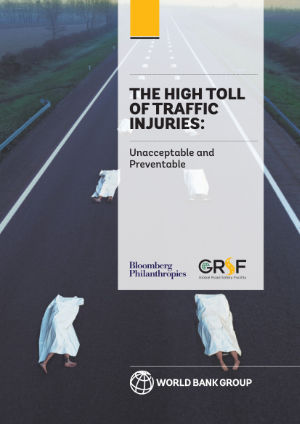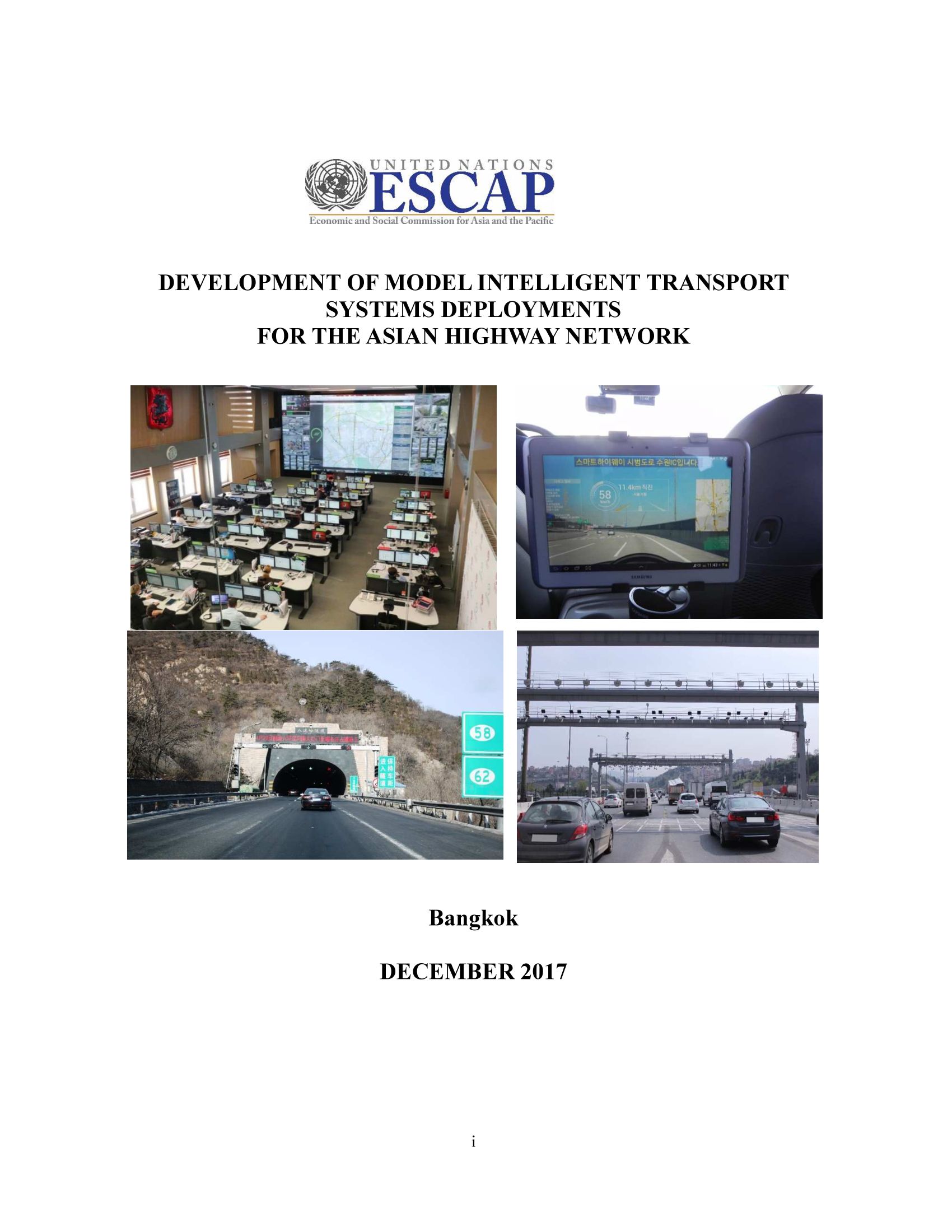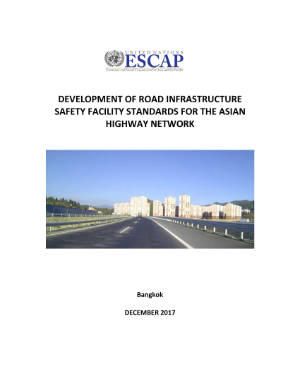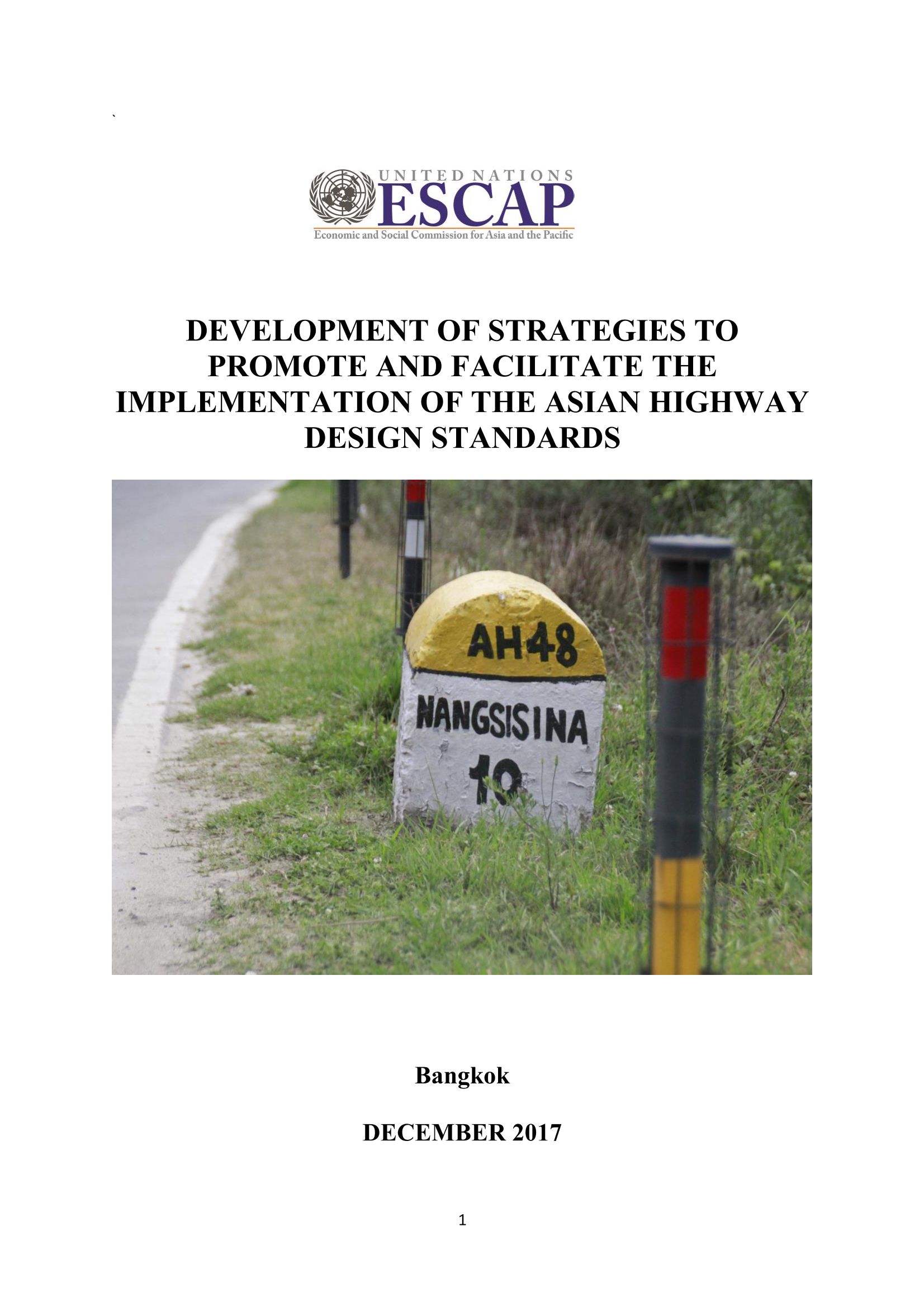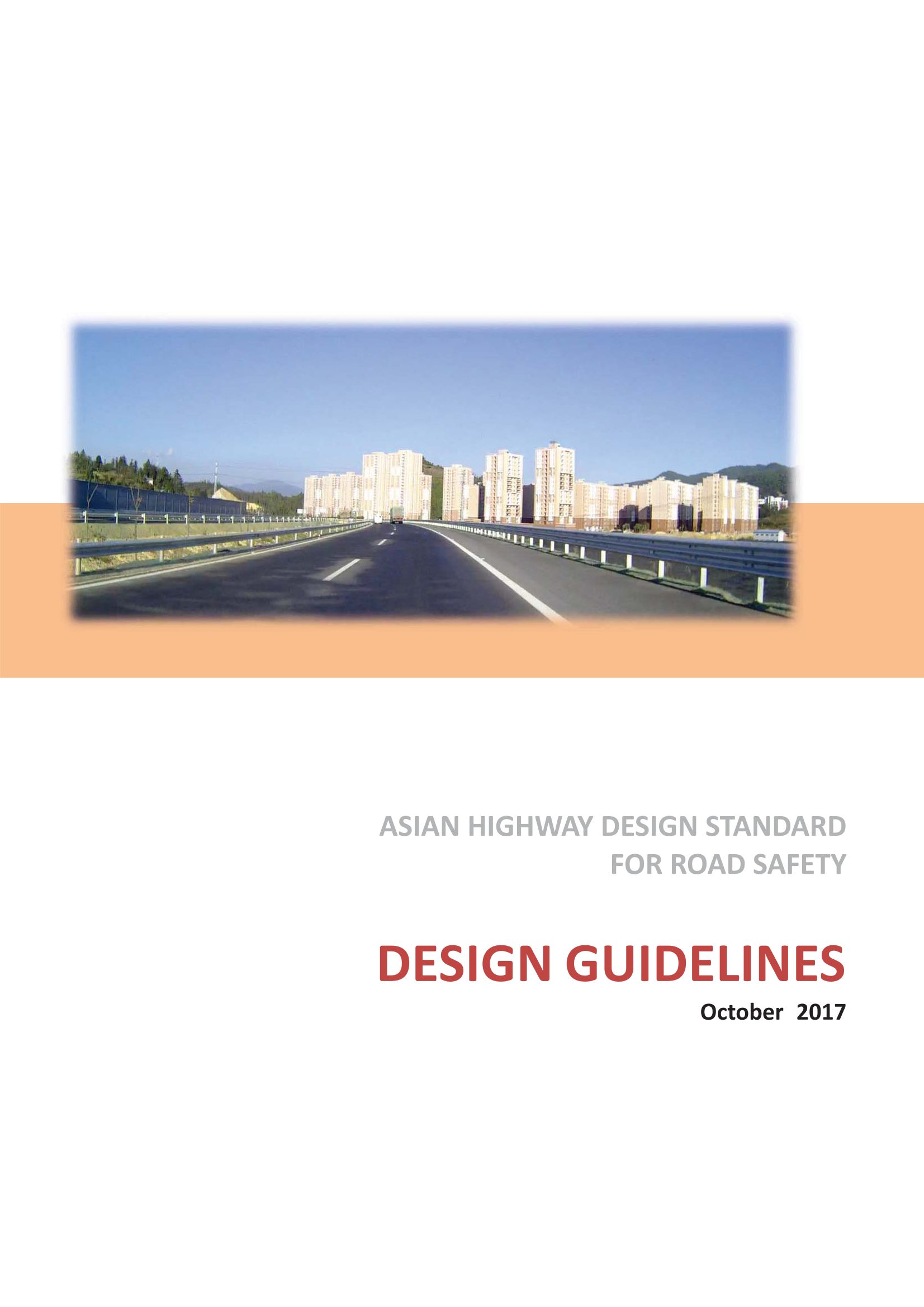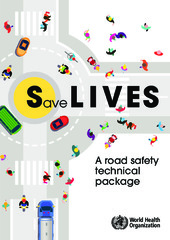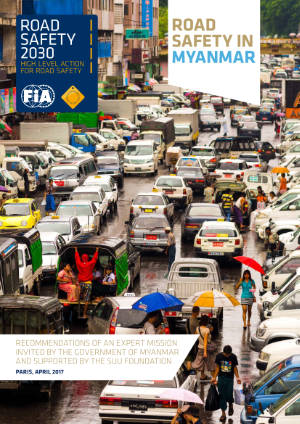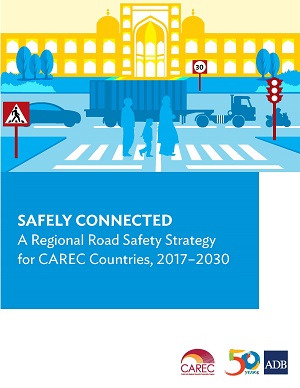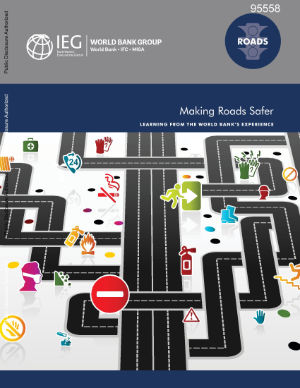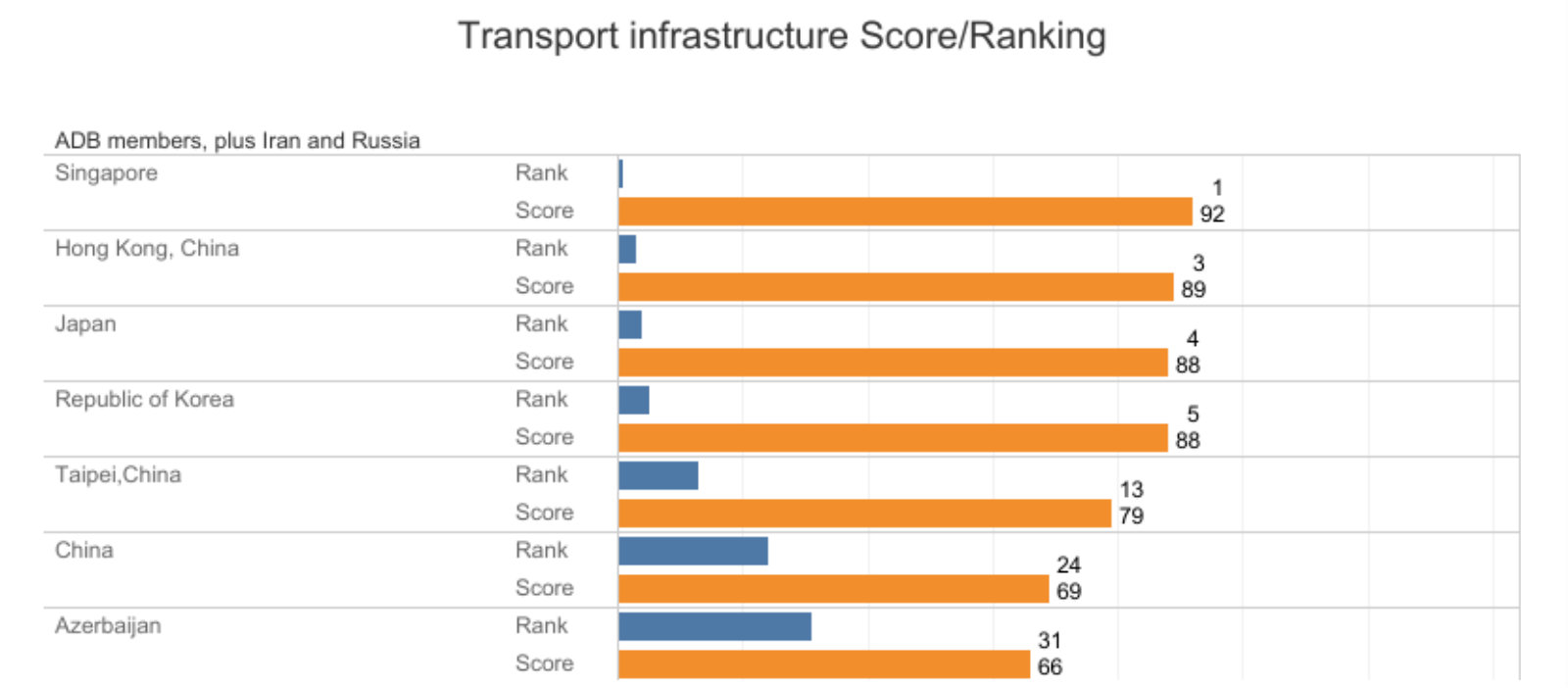
Data and Knowledge
Pagination
Partner Websites
The Big Data Tool summarises star rating and investment plan data – over 400 million data points – based on 358,000km of roads across 54 countries covering over 700 billion vehicle kilometres of travel every year.
The Road Safety Toolkit provides free information on the causes and prevention of road crashes that cause death and injury.
These documents provide information and knowledge for partners so that they can lead, undertake and implement iRAP assessments.
Maximising travel on roads that are 3-star or better will save lives and reduce injuries. Applying the global standard and ensuring all new roads are built to at least a 3-star standard for all road users and existing roads are upgraded to achieve >75% of travel on 3-star or better roads is the vaccine we need.
These select publications have been developed jointly by multiple partner agencies of the UN Road Safety Collaboration or in some cases by individual partner agencies.
